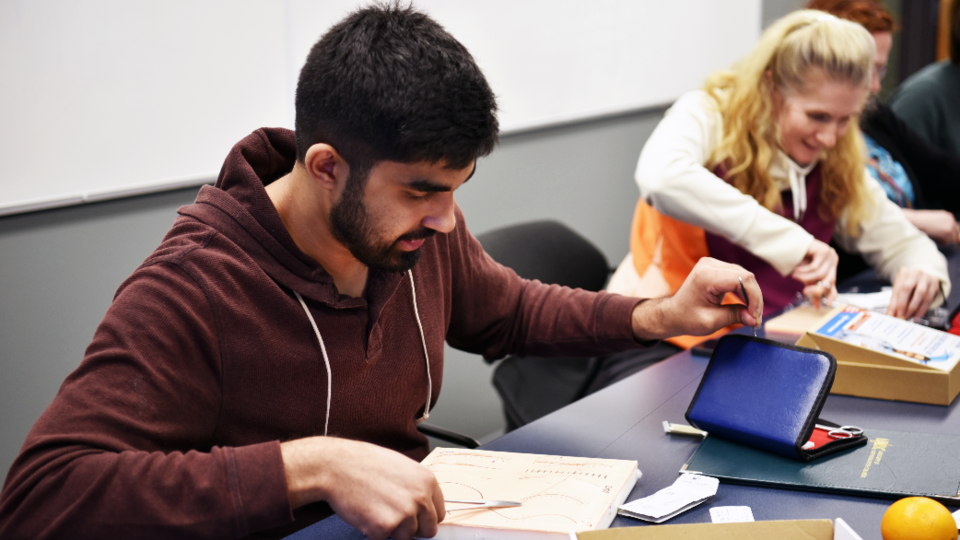The B.C. government announced Thursday it will double funding for the family nurse practitioner masters degree program at UNBC from 20 to 40 seats.
UNBC has offered nurse practitioner training since 2005 and this year's intake is fully subscribed. UNBC nursing school chair Catharine Schiller says the expansion for September 2024 will lead to more graduates to help tackle chronic shortages of primary care medical staff in the North.
“We’ve been so successful with our NP program, our 20 seats are filled every year and we have a very healthy wait list as well for those seats,” said Schiller. “So to move up to 40, we’re sure we’re going to fill it.
“We have such a shortage across Canada and northern B.C. has been particularly hard-hit. So to be able to provide a primary-care provider to so many communities that don’t have a primary-care provider and don’t have a physician or nurse practitioner, they have to travel big distances when they’re not feeling well to get care. They do many of the tasks that doctors do."
Nurse practitioners are registered nurses who have advanced education and nursing experience which allows them to autonomously diagnose and treat illnesses, order and interpret lab or diagnostic tests.
They prescribe medications or other treatments, perform medical procedures and provide referrals to specialists.
They work in hospitals, community clinics, health-care centres, physicians’ offices, long-term care homes and patients’ homes.
The expansion, part of B.C’s Health Human Resources Strategy will increase the province’s nurse practitioner training capacity to 120. In 2017, B.C. had 45 nurse practitioner seats.
“We are focused on educating nurses to be FNP leaders in the delivery of primary health care in northern, rural and Indigenous communities,” says Dr. Rebecca Schiff, dean of UNBC’s Faculty of Human and Health Sciences.
The UNBC FNP program is a primarily online and students complete it over the course of two full-time years or three part-time years. Students complete 752 hours of a clinical practicum and are required to attend several weeks of in-person skills development courses at UNBC’s Prince George campus.
UNBC’s School of Nursing made its debut earlier this month on the best nursing schools in Canada list in the latest Maclean’s magazine university rankings and was ranked 16th overall out of the 72 nursing schools in Canada.



